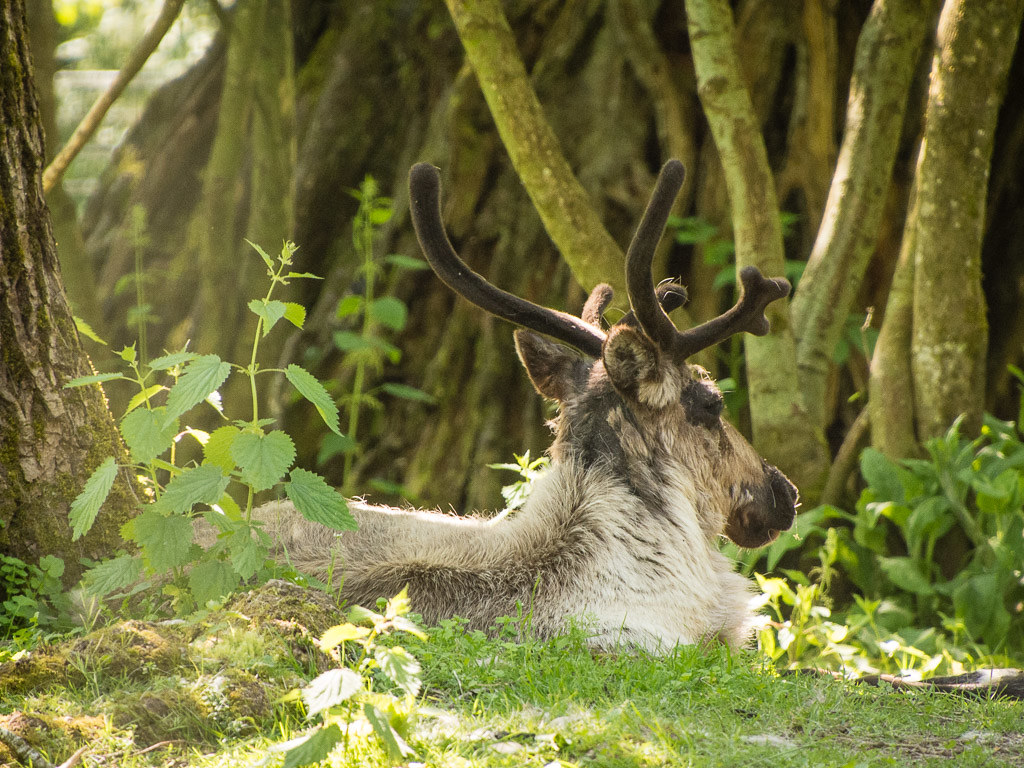
Upcoming Events
One School One Farm is planning an online talk on carbon sequestration in shelterbelt trees at 7 pm, Dec. 7.


Gardening at USask is offering the following online classes. All classes begin at 7 pm.
Dec. 9 – Birds in Winter
Dec. 12 – Insects in Your Garden: An Introduction to Beetles
There will be a presentation on Saskatchewan’s woodland caribou at the 7:30 pm, Dec. 9, online meeting of the Saskatoon Nature Society.
Martensville families are invited to make lanterns and take a walk to light up the night with Wildernook Fresh Air Learning at 5, 6:30 & 8 pm, Dec. 12.
Across the West
The “Trudeau government needs to clarify its competing objectives, with goals to reduce algae blooms while ramping up agricultural production, which will increase nutrient runoff … ‘Lake Winnipeg won’t wait and we need to get on with restoring (its) health.’” [Winnipeg Free Press]
The Nature Conservancy of Canada has acquired 646 hectares of grasslands and wetlands located along the eastern shoreline of Chaplin Lake, the second-largest salt lake in Canada. During spring and fall migrations, thousands of shorebirds use Chaplin Lake and the surrounding grasslands to refuel or nest. [Toronto Star]
“More than 70% of boreal woodland caribou herds in Canada are in decline, and recent analysis suggests that provincial exemptions allowing forestry and oil and gas activities in critical habitat have accelerated the trend.” [Pembina Institute]
A “Victoria-based photographer and activist has spent much of the past 15 years searching for and photographing some of Canada’s biggest, oldest trees … Most of the trees that Watt finds are slated to be cut down.” [CBC]

Neighbourhood Planning
“To create a circular and regenerative future, we should be looking at our neighbourhoods as fertile grounds of change, not merely as consumers of change decided elsewhere … Because the kind of transformative change needed doesn’t happen abstractly – out there – it happens here, in our houses, our offices, our streets, our river catchments, our institutions. And critically, change happens in our own ways of thinking and being … We need to be alert to context and not ask ‘what will work, generically?’ but ‘what will work and be right for this place and contribute to the bigger picture?’” [RSA]
Durham Region’s green building practices are expected to “reduce greenhouse gas emissions, build infrastructure that is resilient to future climate change and create a healthier environment for residents.” [DurhamRegion.com]
Choices
“Economists recognize that congestion reflects underpricing: driving is so cheap that it becomes inevitable. You can have free roads or you can have free-flowing traffic but it is economically infeasible to have both.” [Planetizen]
Check out EcoFriendly Sask’s Nature Companion, a free nature app for Canada’s four western provinces





